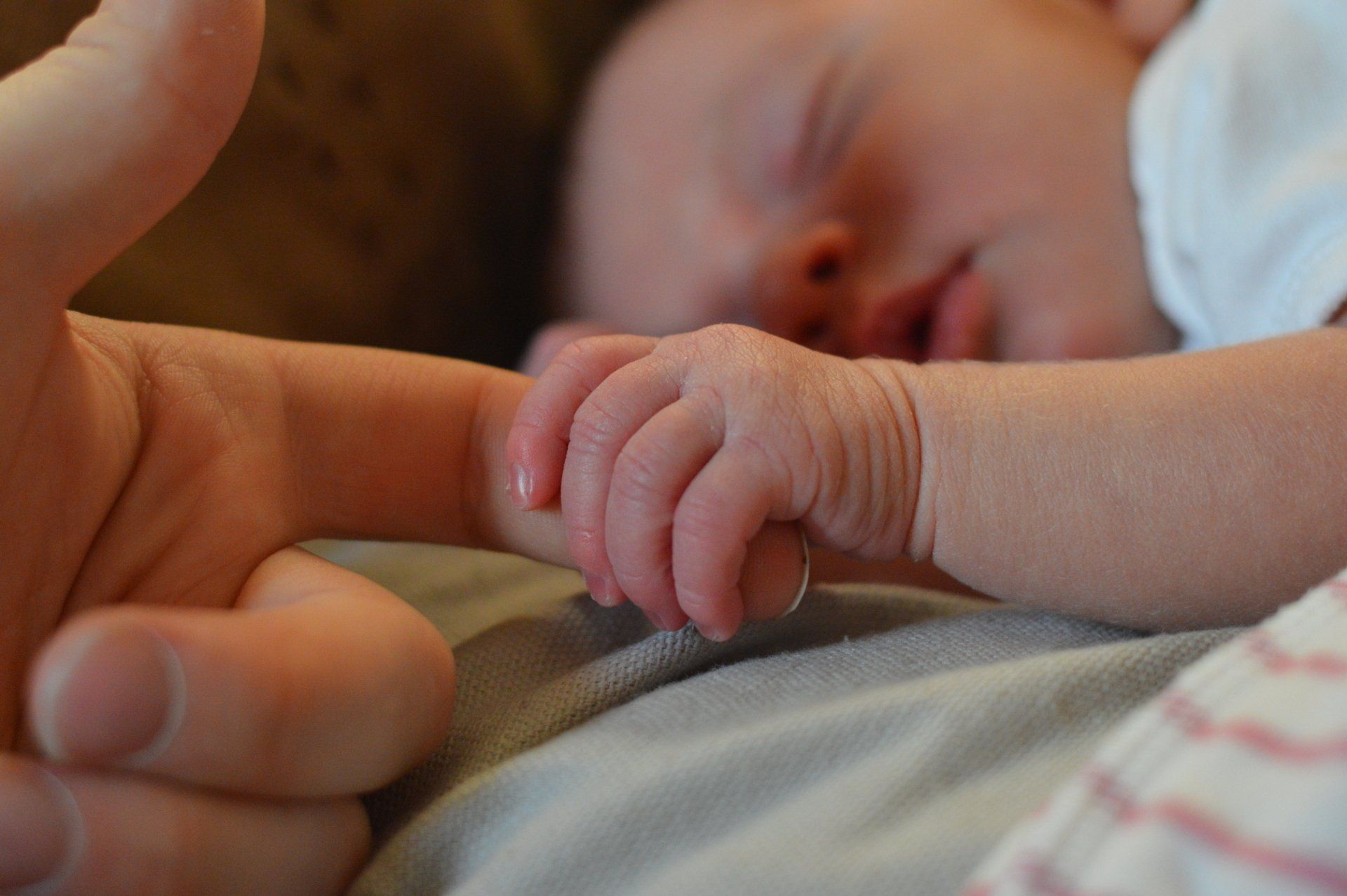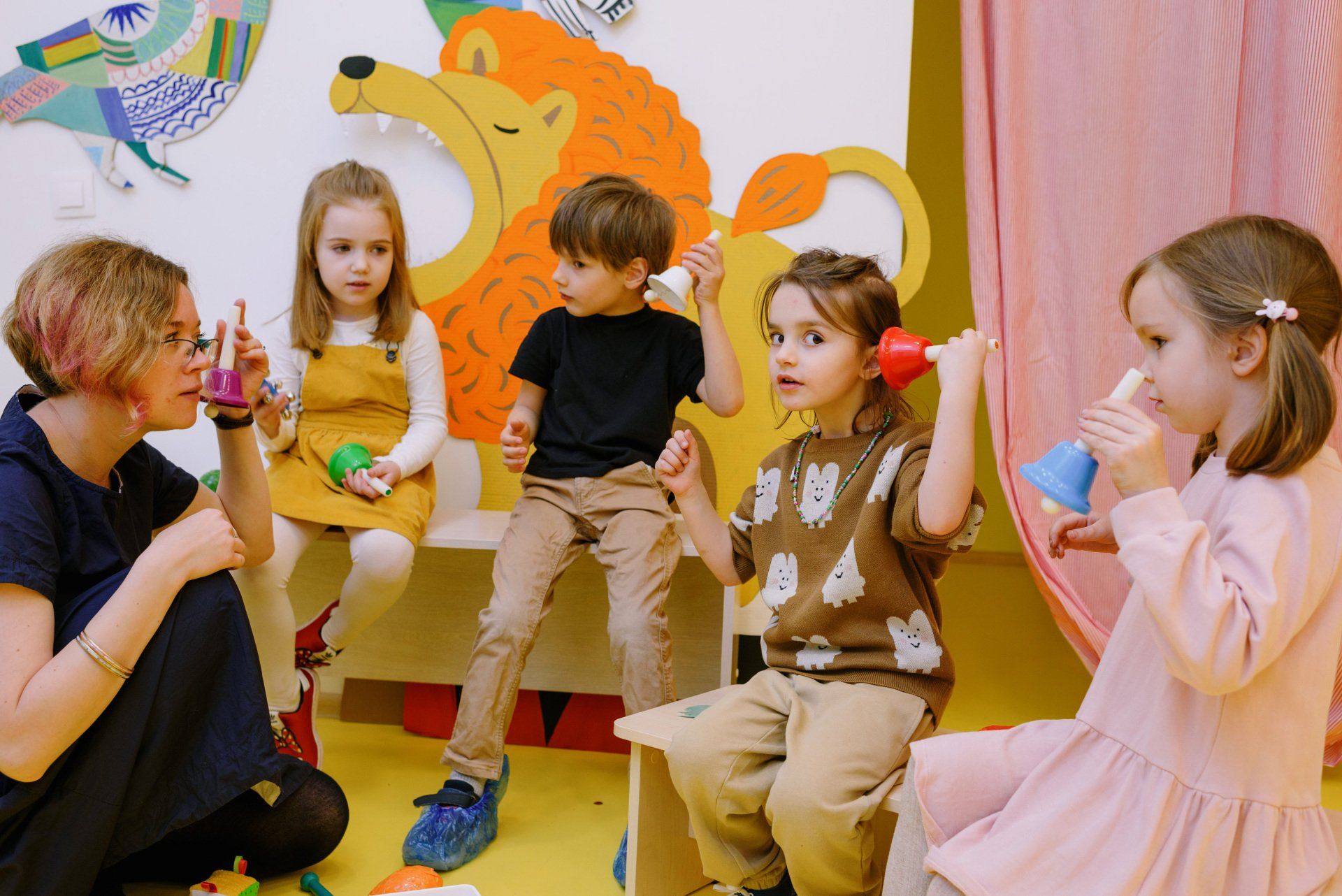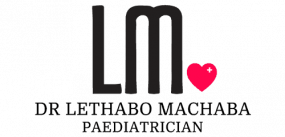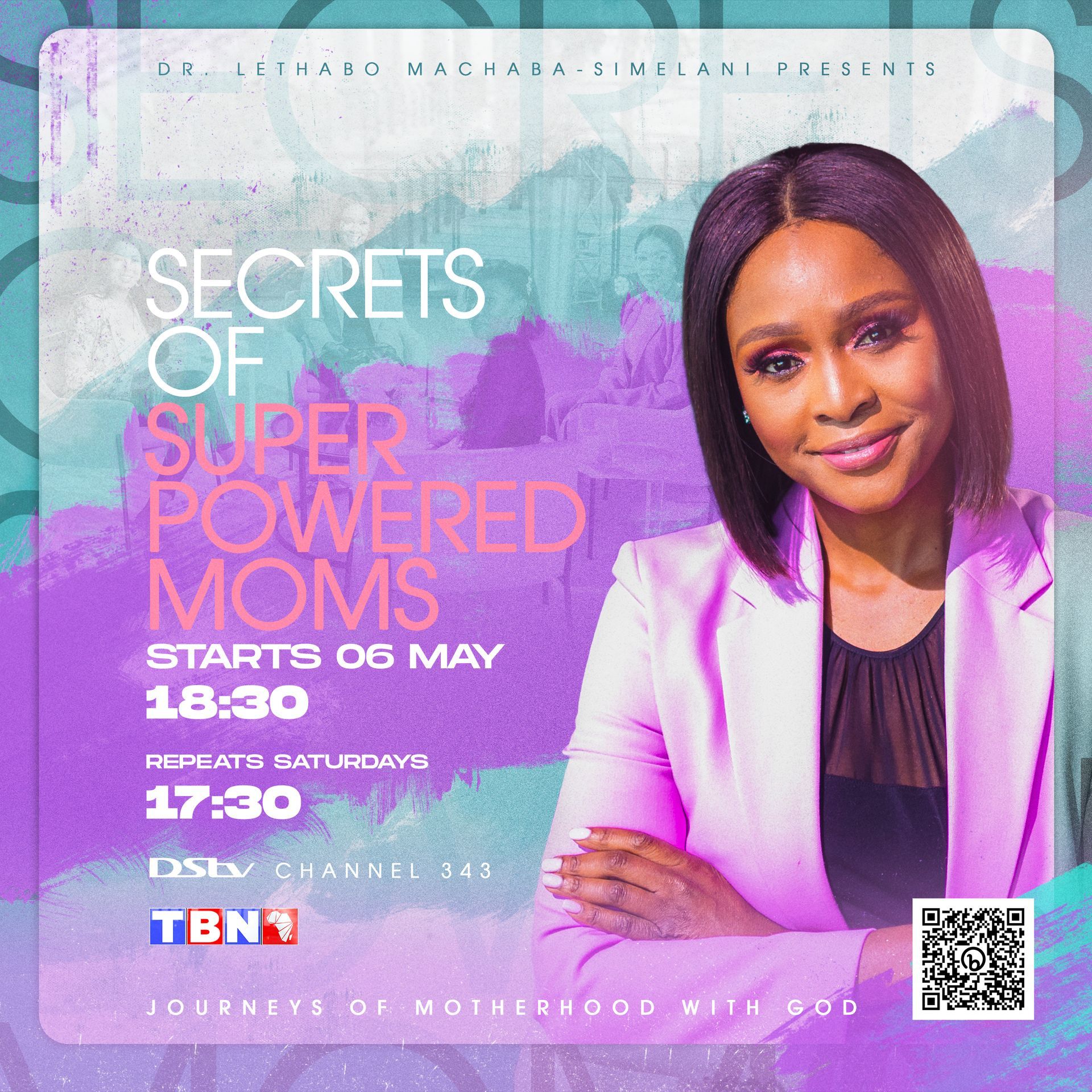TAKING CARE OF YOUR CHILD’S TEETH
Your baby’s first teeth, also known as milk teeth, are a big deal.
I see far too many children with poorly cared for baby teeth. I’m sure that if parents knew the tremendous value they hold for their kids, they wouldn’t treat them as if they were disposable. Just because they eventually fall out, it doesn’t mean they are not important.
IMPORTANCE OF BABY TEETH
One of the most important functions they play is holding space in the jaw for adult teeth. If your child loses a baby tooth early, their other teeth will drift into the space created by its absence. This will lead to tension and misalignment when the adult teeth come up.
If your baby loses a baby tooth early, you can take them to a dentist to get a space maintainer inserted to stop the other teeth from drifting.
Teeth are used for eating and chewing, without them your baby will struggle and develop behavioral adaptations to cope.
Teeth are important for making the mouth sounds needed to speak. Learning to speak is one of the greatest challenges that your sweet baby will undertake on their way to toddlerdom. Without the right tools, it will be more difficult for them than it needs to be.
Lastly, teeth are used for smiling and self-expression. Sure, they’ll still be cute and beautiful with missing teeth, but it may still affect their confidence as a child if they lose teeth too early.
DENTAL TIMELINE
- 6 months – your child’s first baby tooth should begin emerging, this is also the beginning of the teething period (see our previous post for more info on teething https://drlmachaba.co.za/teething-time/). This is a good time to take your baby to the dentist for the first time. This visit can be delayed but should not be done later than 1 year.
- 3 years – your child’s last baby tooth should emerge; these are usually molars. At this point, your child should have ten teeth on the top and ten at the bottom.
- 6 years – your child will get their first adult tooth.
- 12-13 years – they should have a full set of adult teeth, with 16 on top and 16 on the bottom.
- 17-25 years – wisdom teeth will emerge.
TAKING CARE OF YOUR BABIES’ TEETH
Brush your child’s teeth twice a day, preferably with a non-fluoride toothpaste for babies. If fluoride toothpaste is used, make sure the quantities are age-appropriate (tip: check for age on the box).
Use an amount the size of a grain of rice until they are 3 years old. Afterward, you can then start using an amount the size of a pea.
Generally, brushing should take 2 minutes and you should help them until you are confident that they will do it properly themselves.
As soon as they have 2 touching teeth, they should start flossing. The area between teeth is often the site that cavities form. As with brushing, you should assist your child until you are confident that they will do it properly on their own.
Avoid sugary or acidic drinks where possible as the thin layer of enamel around baby teeth can be weakened by these drinks. Watch out for fruit juice and cool drinks in particular.
Taking care of your babies’ teeth and teaching them how to take care of their own teeth as they grow up will help them minimise the amount of dental-related problems they face as an adult.
You play a very important part in laying the foundation for their oral hygiene that will serve them throughout the rest of their lives.
Share this post
Recent Posts


Leave your little one's health in good hands.
Track your child's growth and development, or assess arising health issues with a paediatrician you can trust.


